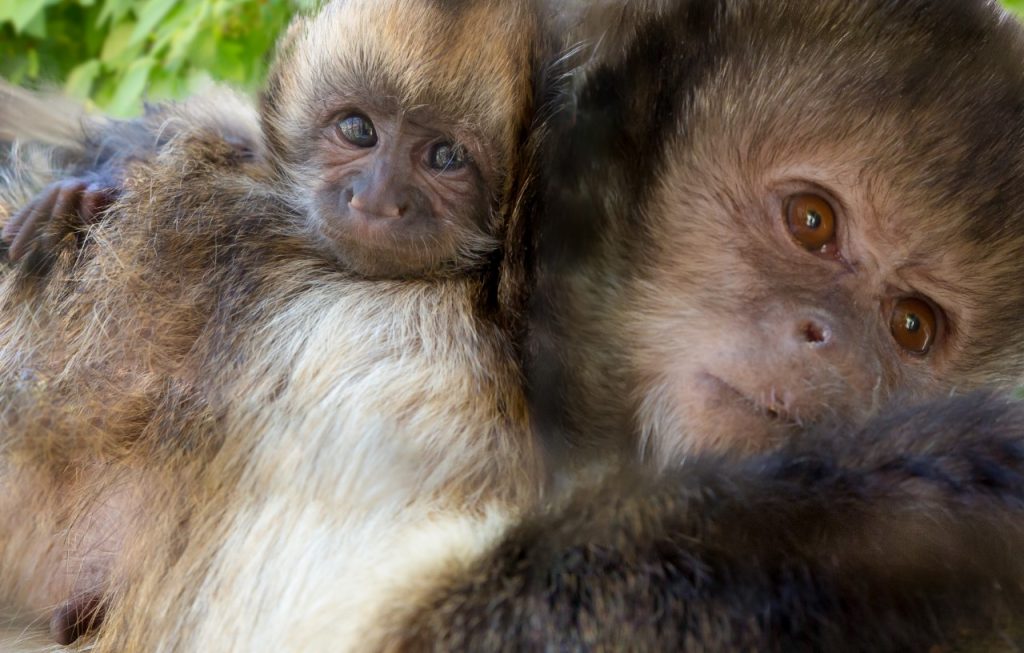Effect of dietary soluble fiber on gut microbiota in the sugar glider (Petaurus breviceps): a pilot study
Citation
Solden L, Dierenfeld ES, Wrighton K. 2015. Effect of dietary soluble fiber on gut microbiota in the sugar glider (Petaurus breviceps): a pilot study. In Bissell H, Brooks M Eds. Proceedings of the Eleventh Conference on Zoo and Wildlife Nutrition, AZA Nutrition Advisory Group, Portland, OR.
Abstract
The sugar glider (Petaurus breviceps) is an exudativore in nature, eating plant gums, saps, resins, manna, and nectars as well as insect-based honeydew and lerp, with proportions of various ingredients highly dependent on seasonality and locale (Smith, 1982; Howard, 1989). Despite a well-developed cecum that could, in theory, harbor microbial populations with fermentative capabilities (Hume, 1999), a majority of captive gliders are fed diets comprising a high proportion of simple sugars such as nectars and domestic fruits (Dierenfeld et al., 2006). This investigation was undertaken to examine effects of added soluble dietary fiber on gut microbial populations in sugar gliders.
 45_Solden.pdf 211 KB
45_Solden.pdf 211 KB








